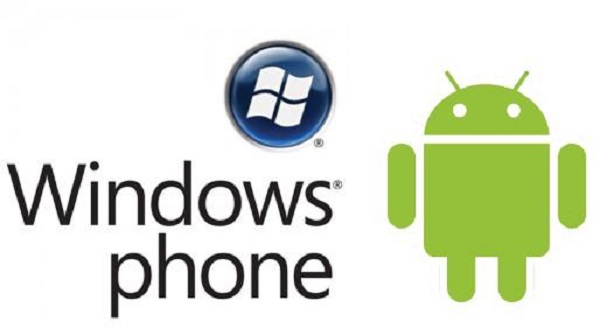Having realized how big of an app deficit Windows and Windows Phone have in comparison to Google’s mobile OS, Microsoft might bring Android apps to both of its operating systems.
One of the greatest shocks anyone can have while moving from iOS or Android to Windows Phone is that their favorite apps and games may not have a correspondent on smartphones running Microsoft’s OS. One such example is Flappy Bird, an addictive game that brought Android and iOS users to exasperation, especially when the developer decided to retire it and the price of smartphones carrying it skyrocketed.

Microsoft already collects license fees for every Android phone that is sold, but the Redmond company wants to tighten its connection to Google’s OS even more. Unnamed sources told The Verge that Microsoft is considering implementing support for Android Apps both in its desktop and mobile versions of its operating system. This would be a great change, and Microsoft needs to tread softly, especially since there are mixed feelings about this inside the company.
In terms of market share and adoption rate, Android is for mobile what Windows is for PCs, and despite the fact that Google and Microsoft are competitors, it might be good that the latter wants to adopt the former’s ecosystem. The Windows 8 Store is also extremely poor if compared to the Play Store, and making Android apps compatible with the desktop OS would be a radical move.
To make this happen, Microsoft might ask Intel and BlueStacks for help. AMD has partnered with the latter, a company in which Intel has also invested, in order to bring Android apps to Windows with the help of AMD’s chipsets that pack an ARM processor. BlueStacks also made a deal with Asus and Lenovo to ship its Android-emulating software on the PCs made by these two manufacturers.
The fact that Microsoft has been anything but successful at convincing developers to create apps for its operating systems doesn’t have to mean the death of Windows and Windows 8. In fact, this strategy might help Microsoft retain customers by preventing them to move to Android. Despite the “embrace, extend, and extinguish” phrase that Microsoft used internally for naming the actions required for competitors, the Redmond company may be able to embrace Android and extend its current operating systems by doing so, but I find it hard to believe that it will ever manage to extinguish Google’s OS.
Be social! Follow Walyou on Facebook and Twitter, and read more related stories about the dual-OS Android and WP8 Bluebird BM-180 smartphone and the Android OS notebooks that were launched last year.










